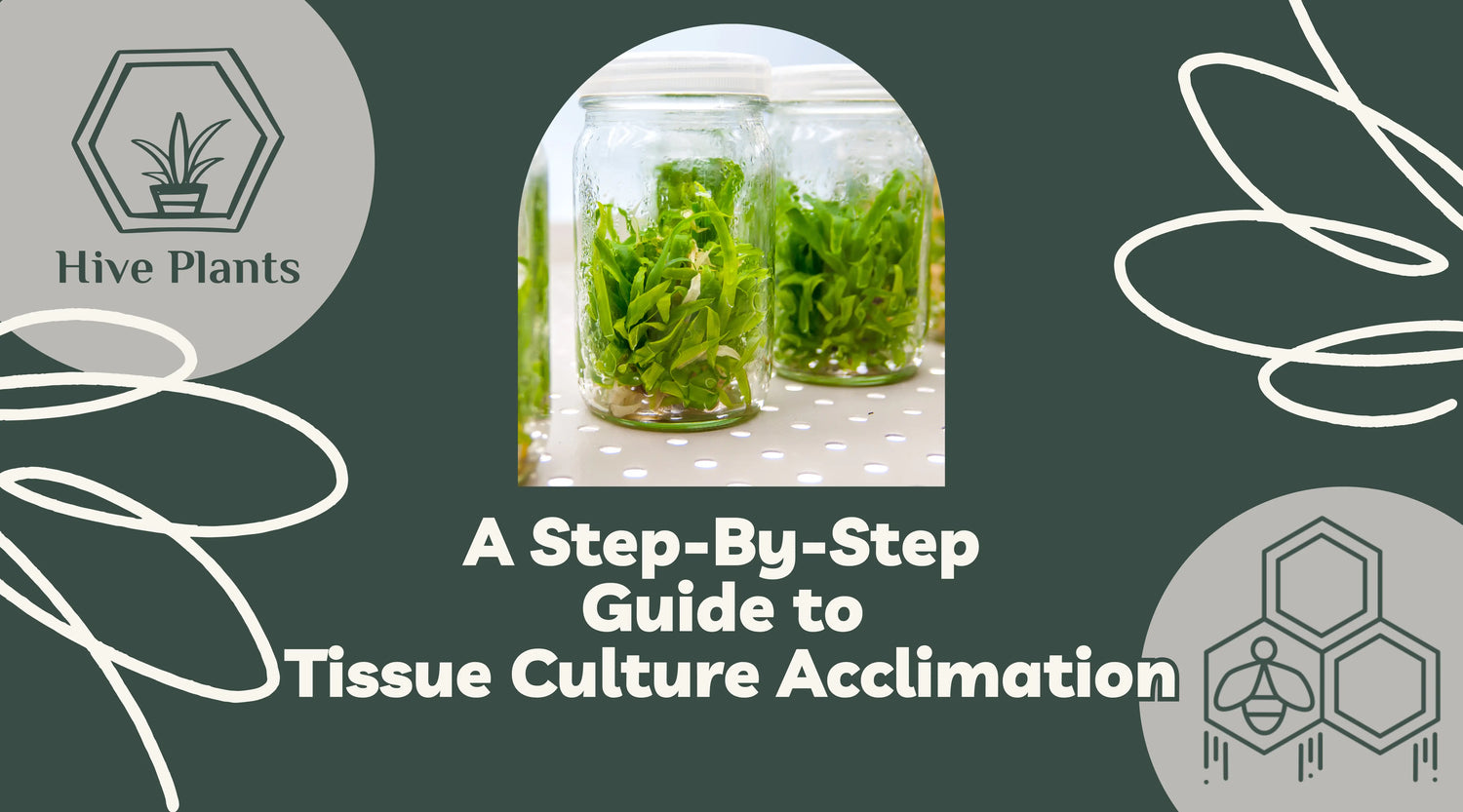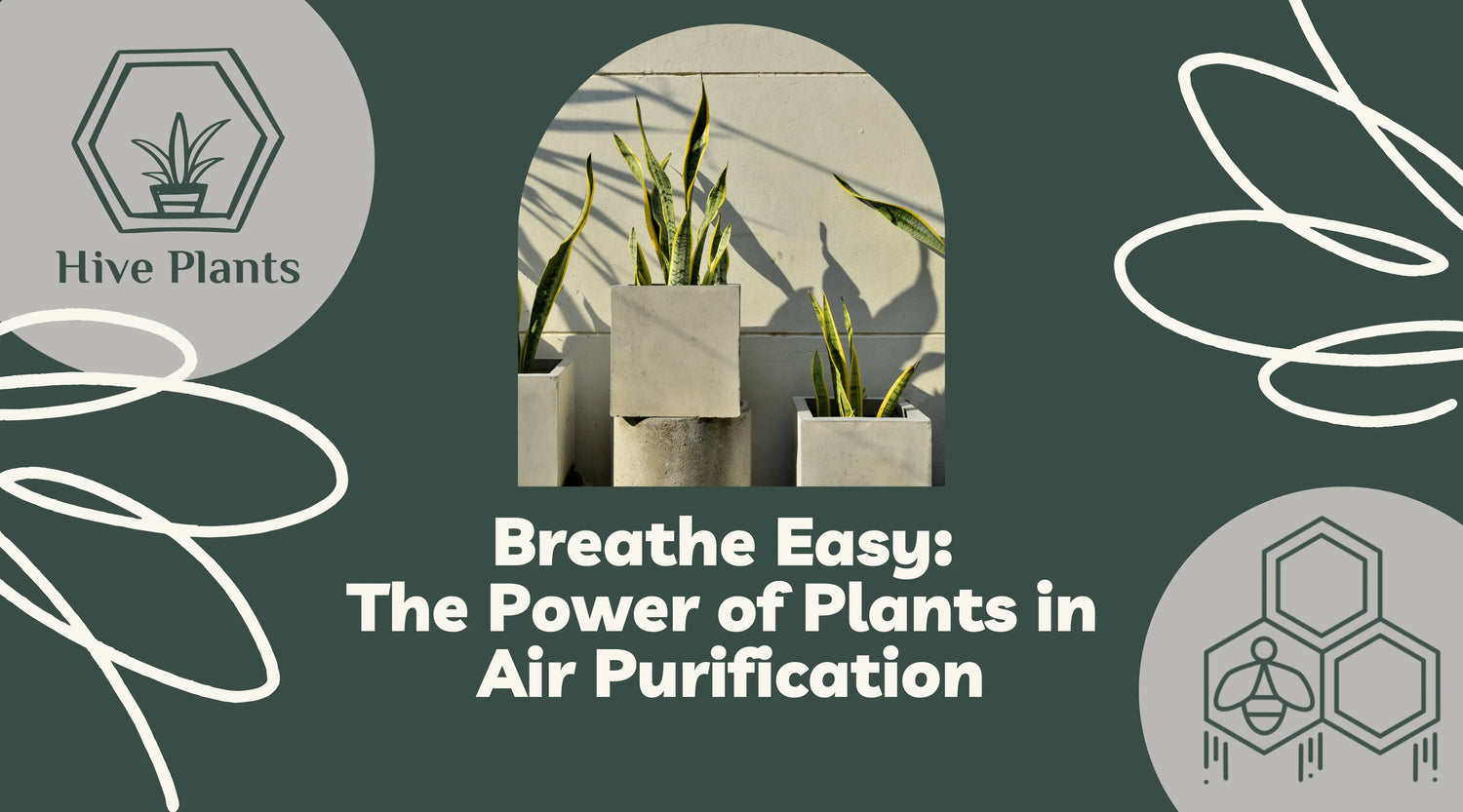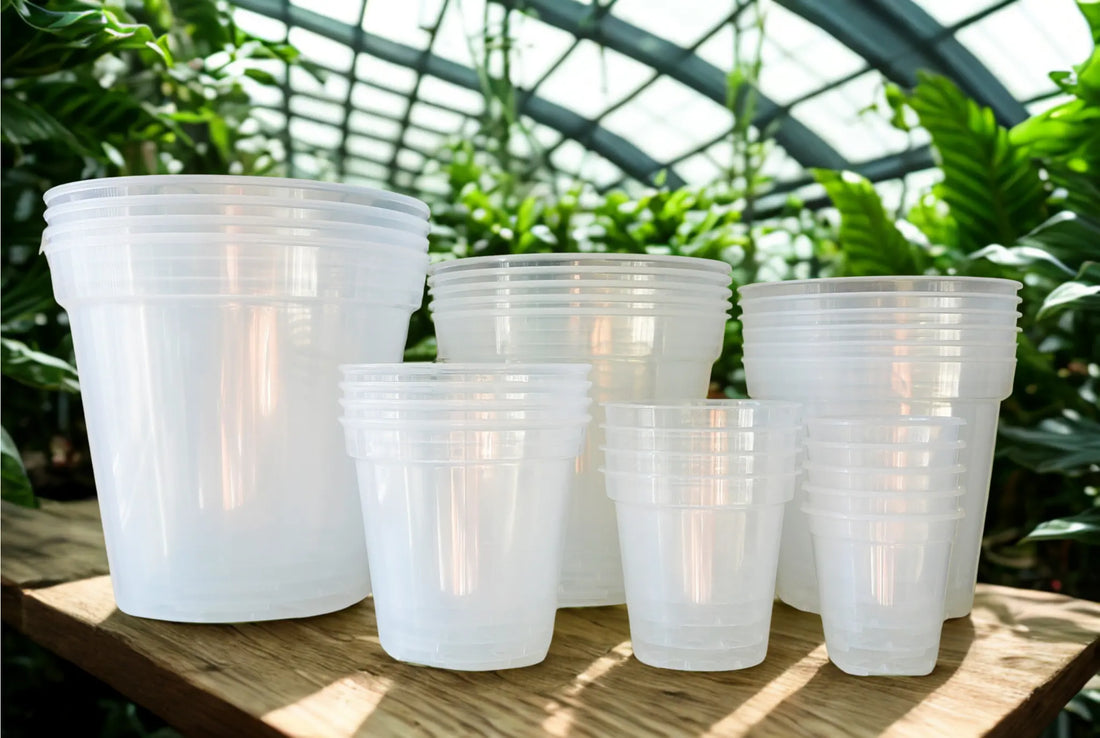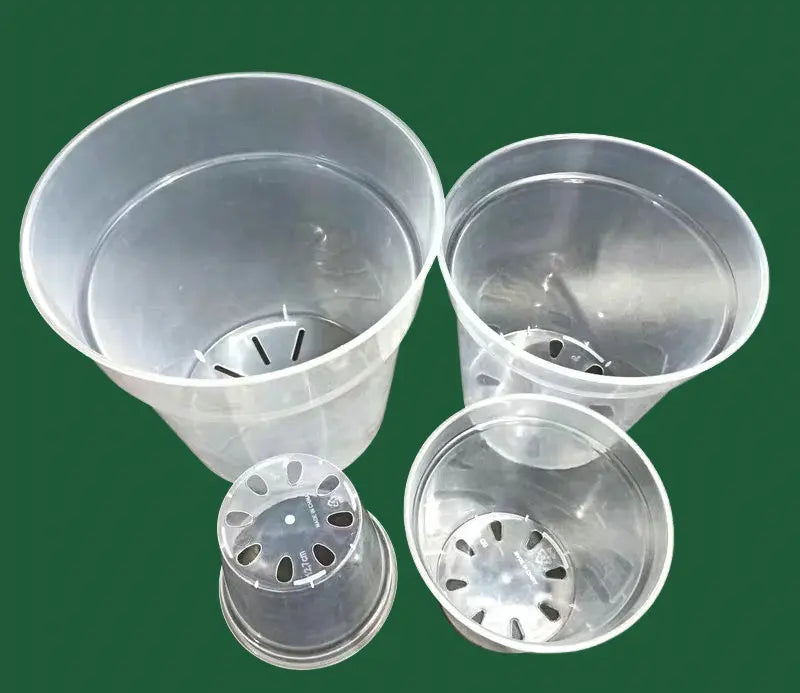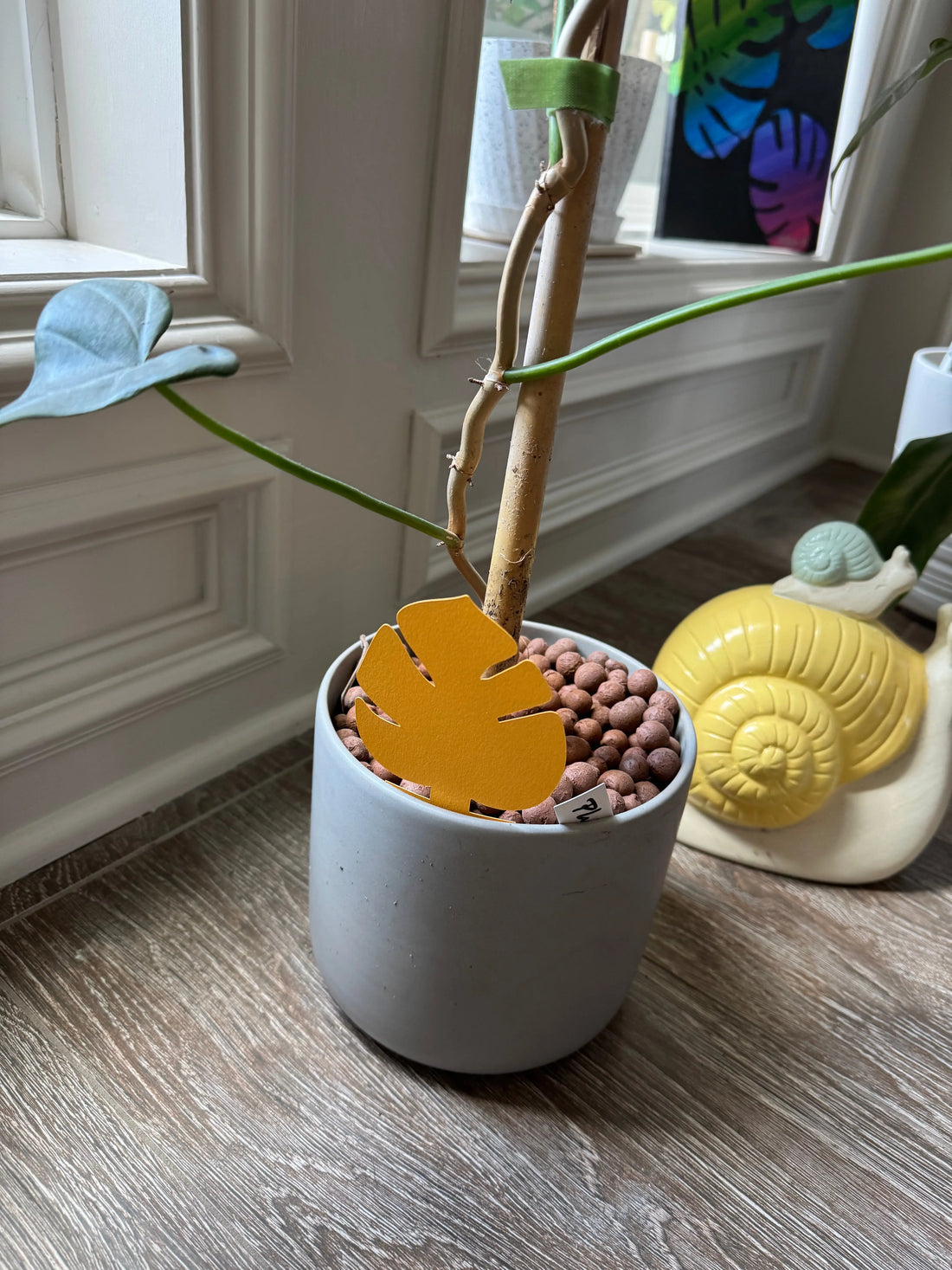Bringing home new plants can be exciting, especially if you're a plant enthusiast. The joy of unboxing your new green friends is unmatched. But, as much as you love your new plants, it's important to give them the proper care and attention they need to thrive. In this blog post, we'll guide you through the steps of unboxing your new plants and how to care for them properly.
Step 1: Unpacking the Plant
When you receive your new plants, carefully unpack them from their packaging. If the plant is in a plastic pot, gently remove it and check for any damaged roots or stems. If you find any, carefully trim them away.
Step 2: Inspecting the Soil
Check the soil's moisture level by sticking your finger about 1 inch into the soil. If the soil feels dry, give the plant a good watering. If the soil is still moist, wait a day or two before checking again. Over-watering is a common mistake made by new plant owners, so it's important to be mindful of the soil's moisture level.
Ready to repot?
We have a handy step-by-step guide here
Step 3: Choosing the Right Location
Most plants have specific light and temperature requirements, so it's important to choose the right location for your new plants. For example, succulents and cacti prefer bright, direct sunlight, while ferns and other shade-loving plants need a cooler, shadier spot.
Step 4: Watering the Plant
Watering your new plants is crucial to their survival. It's important to give them enough water, but not too much. Over-watering can lead to root rot, which is a common problem for many new plant owners. To avoid over-watering, allow the top inch of soil to dry out between waterings.
Step 5: Fertilizing the Plant
Fertilizing your new plants is important for their growth and health. Most plants benefit from a balanced, all-purpose fertilizer, but some plants may have specific fertilizer requirements. Check the label on the plant or do some research online to determine the best type of fertilizer for your new plants.
Step 6: Monitoring the Plant
Monitoring your new plants is important to ensure they're getting the proper care they need. Check the soil's moisture level regularly, and adjust your watering schedule as needed. Keep an eye out for any signs of stress, such as yellowing leaves or wilting, and take action to correct the problem.



